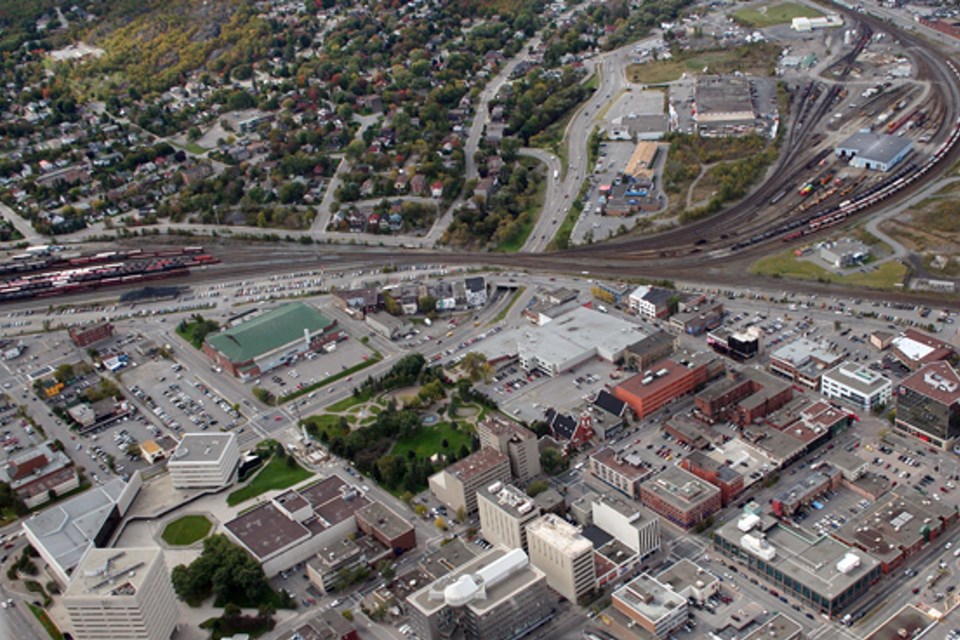Greater Sudbury’s population is projected to grow by 18,300 permanent residents, to 188,510 by 2051, according to a mid-range estimate. The high-range estimate is 200,000.
This, according to a population projections report prepared by Hemson Consulting, which is on the agenda for the July 10 finance and administrative committee of city council.
The projection was made using Statistics Canada census data, Canadian Mortgage Housing Corporation housing market data, and information provided by the city on building permits, land supply and development expectations. Data is current up to 2021, and in some cases 2022.
The population boost is greater than it was during the previous 20-year period, when an average of 454 new residents were added to the population base annually. From 2021-51, an average of 610 net new residents are projected to call Greater Sudbury home annually.
“Much of this growth will be attributed to international and intra-provincial migration,” according to the report.
The increase follows a 20-year period in which Greater Sudbury’s population growth outperformed that of all other major population centres in Northern Ontario. Greater Sudbury’s population grew by 8,110, while the populations of Thunder Bay, Timmins, Sault Ste. Marie and North Bay all decreased.
Working in favour of local population growth is that the local mining sector grew by 1,180 jobs between 2016-21.
Working against local population growth is a slowed natural population increase and the city has an aging population, most of whom will eventually leave the labour force.
Although the consultants’ mid-range population growth estimate is 188,510 by 2051, the low-range estimate is 182,700. The high range of 200,000 will only be achieved “should economic conditions and migration increase substantially.”
It’s this high-range estimate that Mayor Paul Lefebvre has pledged to aim toward, which he has repeatedly said will require economic growth and the construction of more housing. In recent weeks, the city adopted an Employment Land Community Improvement Plan, which offers developers tax incentives, formed a committee of city council to tackle economic growth, and is putting together a housing supply strategy.
In the low-end scenario, Greater Sudbury is projected to add 7,100 new households by 2051. Under the high-end scenario Lefebvre is striving toward, the city would expect 12,010 new households.
According to a municipal report responding to the Hemson Consulting projections, it’s noted that Greater Sudbury has almost 6,300 residential units approved through draft plans of subdivisions or site plans, which have yet to be built.
“Based on the projected growth, Greater Sudbury has more than sufficient residential and industrial land supply to accommodate anticipated demand over the next 30 years,” the city’s report concludes.
Greater Sudbury’s projected population growth is expected to affect Sudbury to the greatest degree, followed by Valley East, Rayside-Balfour, Nickle Centre, Walden and then other area communities.
“While the city is experiencing fast and sustained population growth, it is imperative for CGS to plan for employment areas that are situated to maximize employment opportunities and allow new residents to work relatively close to where they live,” according to the report.
It also notes that migration will play an increasingly important role in the local economy, with new international migrants needed to help fill labour shortages.
The July 10 finance and administrative committee meeting begins at 2:30 p.m., and can be viewed in-person at Tom Davies Square. A livestream can be accessed by clicking here.
Tyler Clarke covers city hall and political affairs for Sudbury.com.
